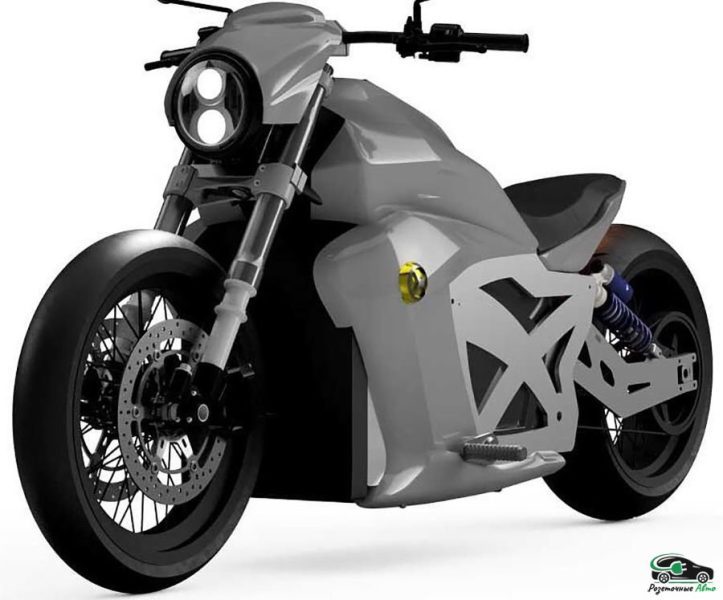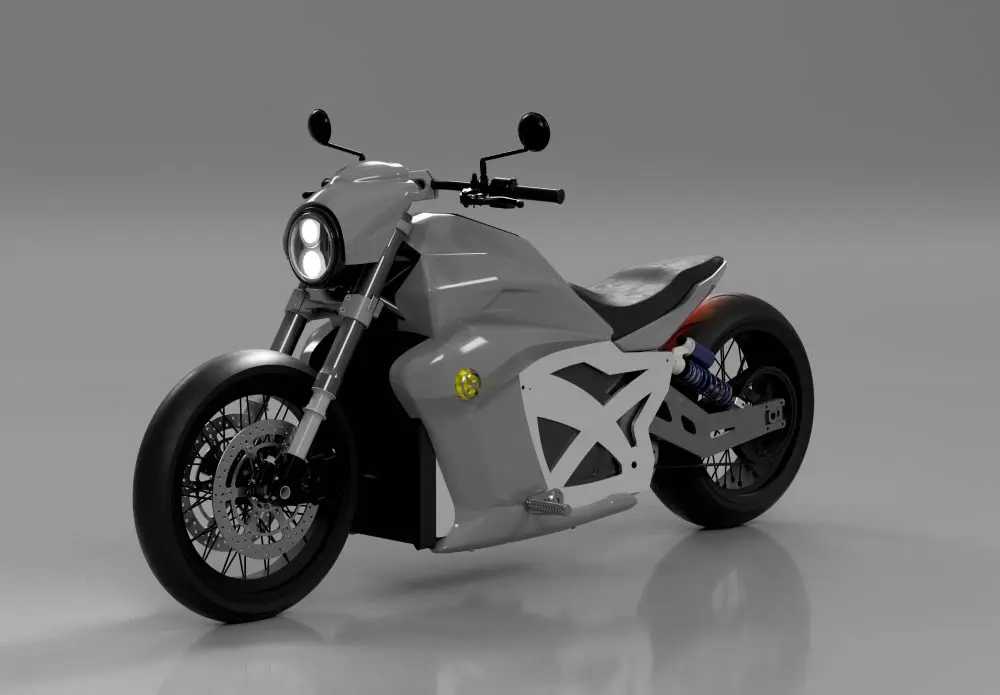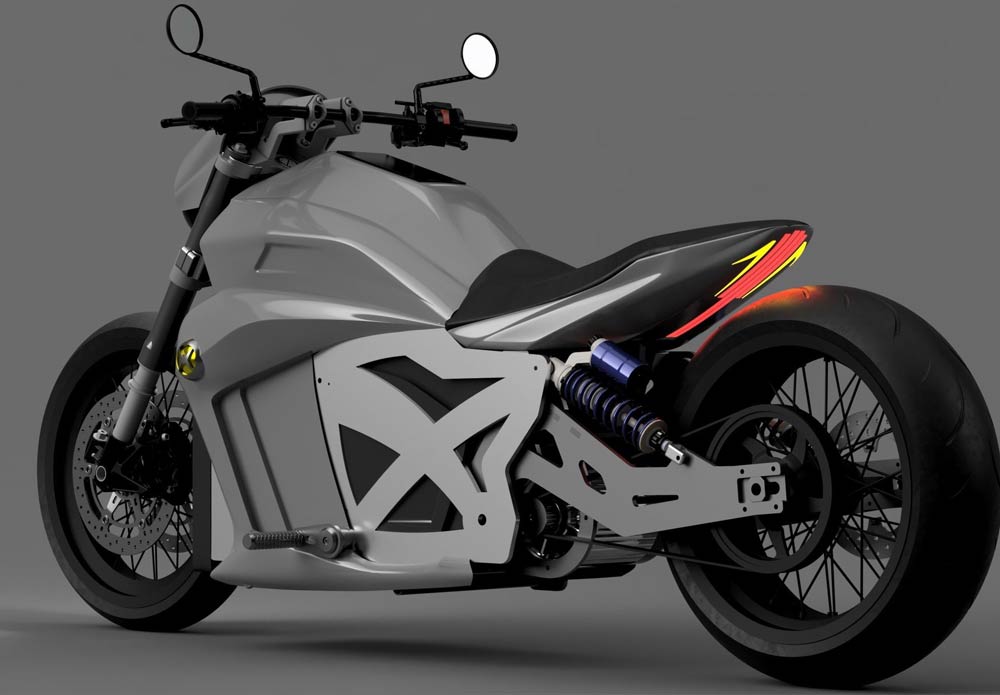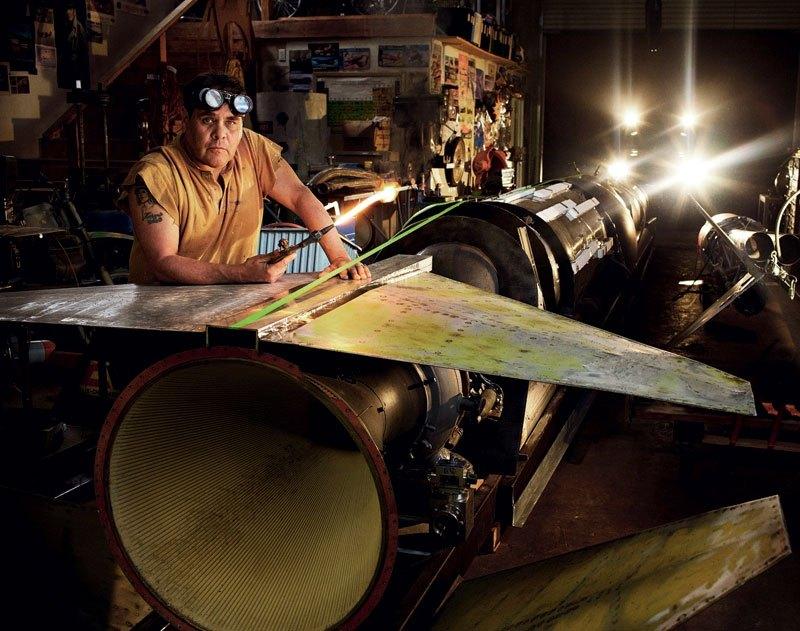
Evoke 6061: This electric motorcycle charges at a speed of 1500 km / h

Equipped with an ultra-fast charger, Evoke's new electric motorcycle promises nearly 500 kilometers on a single charge.
Introduced in 2019, a new model from Chinese startup Evoke has just been detailed and its features are still promising.
Up to 160 horsepower
The new Evoke electric motorcycle in the Cruiser category is powered by a VS-1200 engine with up to 120 kW (160 hp) and 273 Nm of torque. The advertised top speed is 230 km / h, which is much higher than the Harley Livewire or the latest Zero motorcycles, which advertise 177 and 200 km / h, respectively.
When it comes to battery life, Evoke is also better than its competitors. With a total energy capacity of 24.8 kWh, the battery provides 470 km of range in the urban cycle and up to 265 km on the highway. In comparison, the Zero SR / F and SR / F are limited to 320 km with the Power Tank option, while the Livewire is content with 225 km.

From load up to 1500 km / h
While DC fast chargers are becoming more and more common in the electric motorcycle segment, Evoke once again stands out from its competitors.
Capable of delivering up to 125 kW with Combo CCS standard, the system can recharge up to 80% in just 15 minutes, for a recovery of 25 km per minute and a speed of 1500 km / h.
On AC power, the on-board charger is limited to 1.8 kW. This is not crazy and gives a charging time of over 10 hours.
Price from $ 24.995.
Much more affordable than the Livewire, which costs around $ 30.000 in the US market, the Evoke 6061 is hardly more expensive than the Zero electric motorcycles. It is offered from $ 24.995 in the Signature version and is limited to a limited edition of 100 pieces.
A down payment of $ 5000 is required to reserve the model, which should theoretically begin shipping between late 2020 and early 2021.
